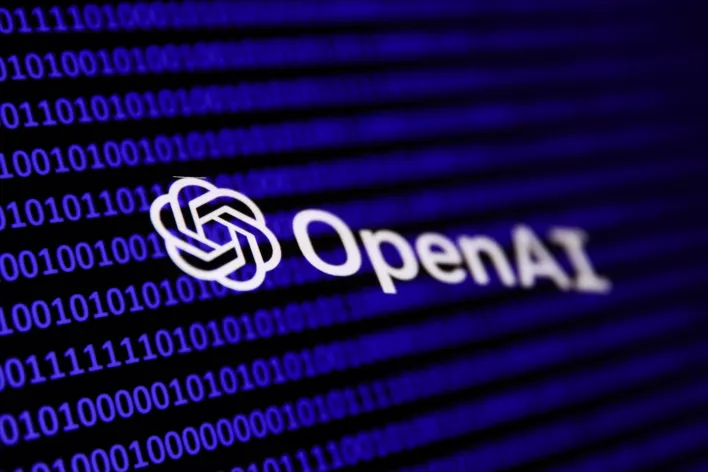What Is OpenAI Codex CLI and How Can It Help Developers?
If you're searching for an open-source AI coding tool that integrates seamlessly with terminal software, look no further than OpenAI Codex CLI . This innovative solution is designed to bring the power of AI directly into your coding workflow, enabling developers to write, edit, and manage code locally from their terminals. Codex CLI bridges the gap between advanced AI models like o3 and o4-mini and everyday programming tasks, making it easier than ever to execute commands, move files, and even pass screenshots or sketches for multimodal reasoning. Whether you're a seasoned developer or just starting out, Codex CLI offers a lightweight, transparent interface that enhances productivity while maintaining control over your projects.
Image Credits:Jakub Porzycki/NurPhoto / Getty ImagesWhy OpenAI Codex CLI Matters in Modern Development
The introduction of Codex CLI represents a significant step toward OpenAI's vision of an "agentic software engineer." While it may not yet fully automate app creation or quality assurance testing, this tool lays the groundwork for more sophisticated AI-driven development processes. By integrating AI models with command-line interfaces (CLIs), Codex CLI empowers users to harness the capabilities of AI-powered coding agents without relying on cloud-based systems. Its open-source nature ensures transparency and flexibility, allowing developers to customize it according to their needs. Additionally, OpenAI has committed 25,000 blocks of credits to eligible projects. This initiative underscores OpenAI's commitment to fostering innovation within the developer community.
Key Features of OpenAI Codex CLI
One of the standout features of Codex CLI is its ability to combine local code access with cutting-edge AI reasoning. For example, developers can pass low-fidelity sketches or screenshots directly to the model, enabling it to interpret visual inputs alongside textual code. This functionality makes it particularly useful for rapid prototyping and debugging scenarios where quick iterations are crucial. Moreover, since Codex CLI operates locally, it minimizes latency issues often associated with cloud-based solutions, ensuring faster performance. The tool also supports integration with future OpenAI models such as o3 and o4-mini , promising enhanced capabilities as these technologies evolve.
Risks and Considerations When Using AI Coding Tools
While tools like Codex CLI offer immense potential, they are not without risks. Studies have shown that code-generating AI models can sometimes introduce security vulnerabilities or fail to address existing bugs effectively. As such, developers must exercise caution when granting AI access to sensitive files or critical systems. Before implementing Codex CLI in high-stakes environments, thoroughly review its outputs and test them rigorously. Despite these challenges, the benefits of incorporating AI-powered coding tools into your workflow—such as increased efficiency and improved problem-solving capabilities—often outweigh the drawbacks when used responsibly.
How to Get Started with OpenAI Codex CLI
Ready to explore the possibilities of Codex CLI ? Begin by reviewing OpenAI's official documentation and downloading the source code from their repository. If you're working on a qualifying project, consider applying for one of the $25,000 API credit grants to accelerate your development efforts. With its intuitive design and robust feature set, Codex CLI is poised to become an indispensable asset for developers looking to streamline their workflows and unlock new levels of creativity.


Post a Comment